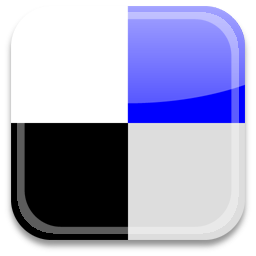Five days later (14,Feb) it will be Chinese New Year based on the lunar calendar, known as the 'Spring Festival', which also coincides with Valentine's day this year as I mentioned in the last post.
Aside from the universal version of 'Happy New Year', we are going to learn something more, something Chinese people usually say in Spring festival.
The two Rockets stars (Luis Scola & Shane Battier) are holding the traditional Chinese posters written with greetings.
shēn tǐ jiàn kāng(身体健康) = Wish you healthy!
shēn tǐ (=body) | jiàn kāng (=healthy)
xīn xiǎng shì chéng(心想事成) = May all your wishes come true!
xīn (=heart) xiǎng (=think) shì (=things) chéng(=work out, succeed)
Literally it means: (I hope) what your heart is thinking will be realized.
chūn jié kuài lè(春节快乐) = Happy Spring Festival!
chūn jié (= Spring Festival) kuài lè (=happy)
This one should be easy since we learned the 'holiday+kuai le' formula last time:)
Wish you have a happy Spring Festival! Audio will be updated soon!
Note: you may already find the second character in Scola's hands is a different from that in the above red poster, well, much more complicated. That is just the difference between traditional Chinese and simplified Chinese. Namely, '體' is the traditional version of '体'.
Read more...


















